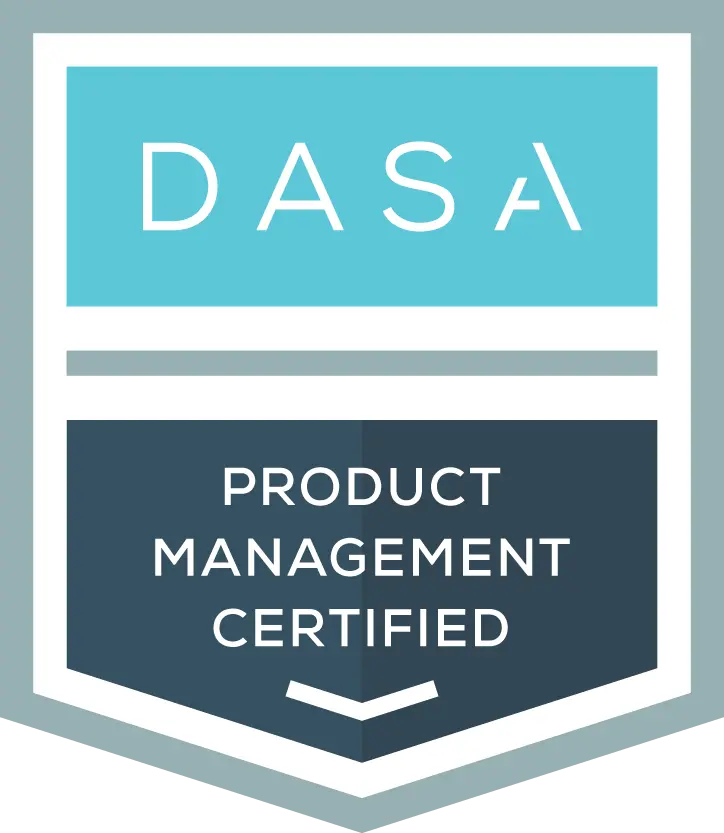Organizations that choose not to adopt formal Product Management practices can face a number of pitfalls, potentially hindering their growth and success. Here are some key issues:

Strategic Misalignment:
- Lack of direction: Without dedicated product managers, there might be unclear product vision and goals, leading to disjointed efforts and missed opportunities.
- Unprioritized features: Without someone to champion user needs and market trends, features might be chosen based on internal politics or individual preferences, not strategic value.
- Reactive decision-making: Without data-driven insights and user feedback, decisions become reactive and short-sighted, hindering long-term product success.
Inefficiencies and Silos:
- Duplication of work: Multiple teams might work on similar tasks due to unclear ownership and communication, leading to wasted resources and time.
- Delayed market launches: Without defined roadmaps and priorities, development can be sluggish, causing delays and missed market windows.
- Communication breakdowns: Silos between departments hamper collaboration and information sharing, leading to inefficiencies and product misalignment.
Missed Opportunities and Challenges:
- Poor user experience: Lack of user focus can lead to products that don’t address user needs or pain points, impacting adoption and satisfaction.
- Inability to adapt to change: Without dedicated product leaders who track trends and monitor competition, adapting to market shifts becomes difficult, leading to missed opportunities.
- Difficulty scaling: As the company grows, managing products without defined processes and ownership becomes increasingly challenging, impacting both efficiency and quality.
It’s important to note that the severity of these pitfalls can vary depending on the size, industry, and maturity of the organization. However, the absence of dedicated Product Management can impede growth, create inefficiencies, and hinder long-term success in a competitive market.


DASA Product Management
DASA Product Management offers a strategic approach to product management, equipping participants with the skills necessary for leading strategic alignment of product vision with business goals, market analysis, and lifecycle management, fostering a product-centric mindset.


